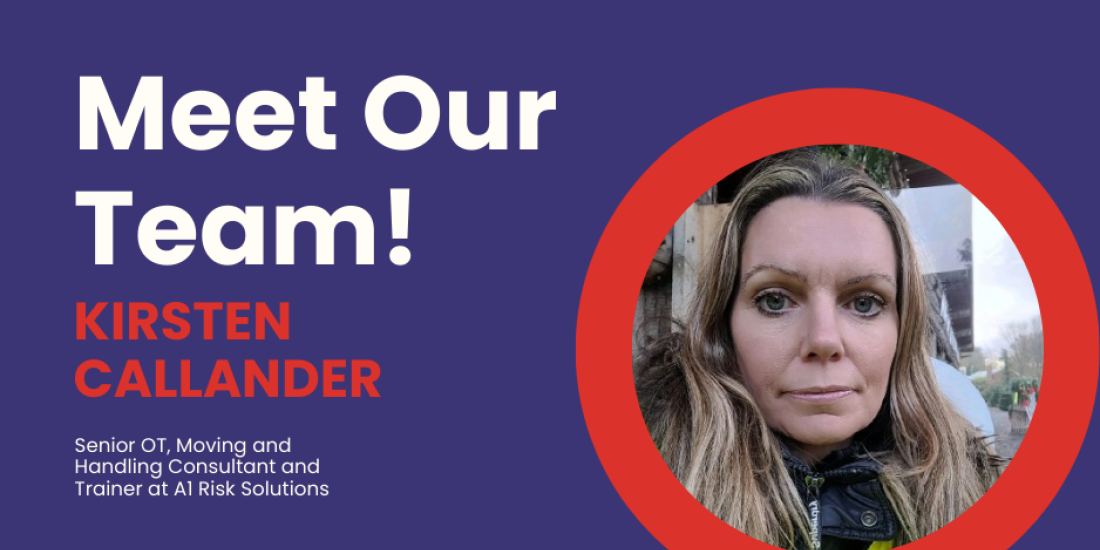
In Honour of Occupational Therapy Week: Spotlight on Kirsten Callander
Occupational therapy (OT) is a unique field that blends empathy, creativity, and expertise to help people lead more independent, fulfilling lives. It’s a career that requires both skill and a deep understanding of individual needs, often transforming the lives of those who seek OT services.
In this Q&A, we speak with Kirsten Callander, an experienced occupational therapist who has spent over a decade in the profession. She shares her inspiring journey from a former cabin crew member to a dedicated OT, highlighting key moments in her career and the passion that drives her to help others. Whether you’re considering OT as a career or just curious about the field, her story offers valuable insights into the challenges, rewards, and everyday impact of an occupational therapist’s work.
How long have you been a qualified Occupational Therapist (OT)?
I’ve been a qualified OT for 12 years, having completed my training in 2012.
What inspired you to become an OT?
My path to OT was quite a journey! In 2001, I took voluntary redundancy from my job as a long-haul cabin crew member and decided to spend a couple of years traveling around the world. While working at a bar in Brisbane, I met a fellow employee who was studying occupational therapy at university. It was my first time hearing about OT, but I was instantly intrigued, and that’s where the idea first took root.
After returning to the UK, I did some work with my dad, supporting young adults with mental health conditions. The role was challenging but very rewarding. I loved helping people become more independent and supporting them in achieving their goals. By 2005, I’d been offered a job in an adult mental health team and was given the chance to apply for sponsorship in either Social Work or Occupational Therapy. I chose OT and have never looked back! I continued working in mental health while studying part-time, and once I qualified, I accepted a position in adult social care, where I’ve been ever since.
What have been some highlights of your career?
There have been many memorable moments in my career, but here are a few that stand out.
When I first started in adult social care, I had very little exposure to equipment and was terrified of moving and handling procedures. I remember being so anxious during my induction training. But over time, that fear transformed into a genuine passion. Now, I’m not only comfortable with moving and handling but am also a trainer for others in this area.
My dad’s journey deeply influenced my professional outlook. After a major surgery, he faced complications that resulted in losing his leg. Watching his resilience and recovery with a prosthetic limb taught me the importance of positive risk-taking in a safe environment. It showed me firsthand how empowering independence can be, and this has significantly shaped my approach with clients.
I’ve always been fascinated by people—their stories, their unique qualities, their values, and strengths. Every person is like a book with many chapters, and part of my job is to understand what’s meaningful and purposeful to them. Helping clients find their strengths and gain independence has been an incredible part of my career.
Mentoring, coaching, and training fellow OTs has also been a highlight for me. Watching new therapists grow in confidence, develop their skills, and find fulfillment in their work has been truly rewarding.
What advice would you give to aspiring occupational therapists?
Occupational therapy is a field with countless possibilities. My advice? Embrace challenges, stay true to your dreams, and always strive to be the best version of yourself. OT can open so many doors for you, and if you’re committed, you’ll definitely reap the rewards.



